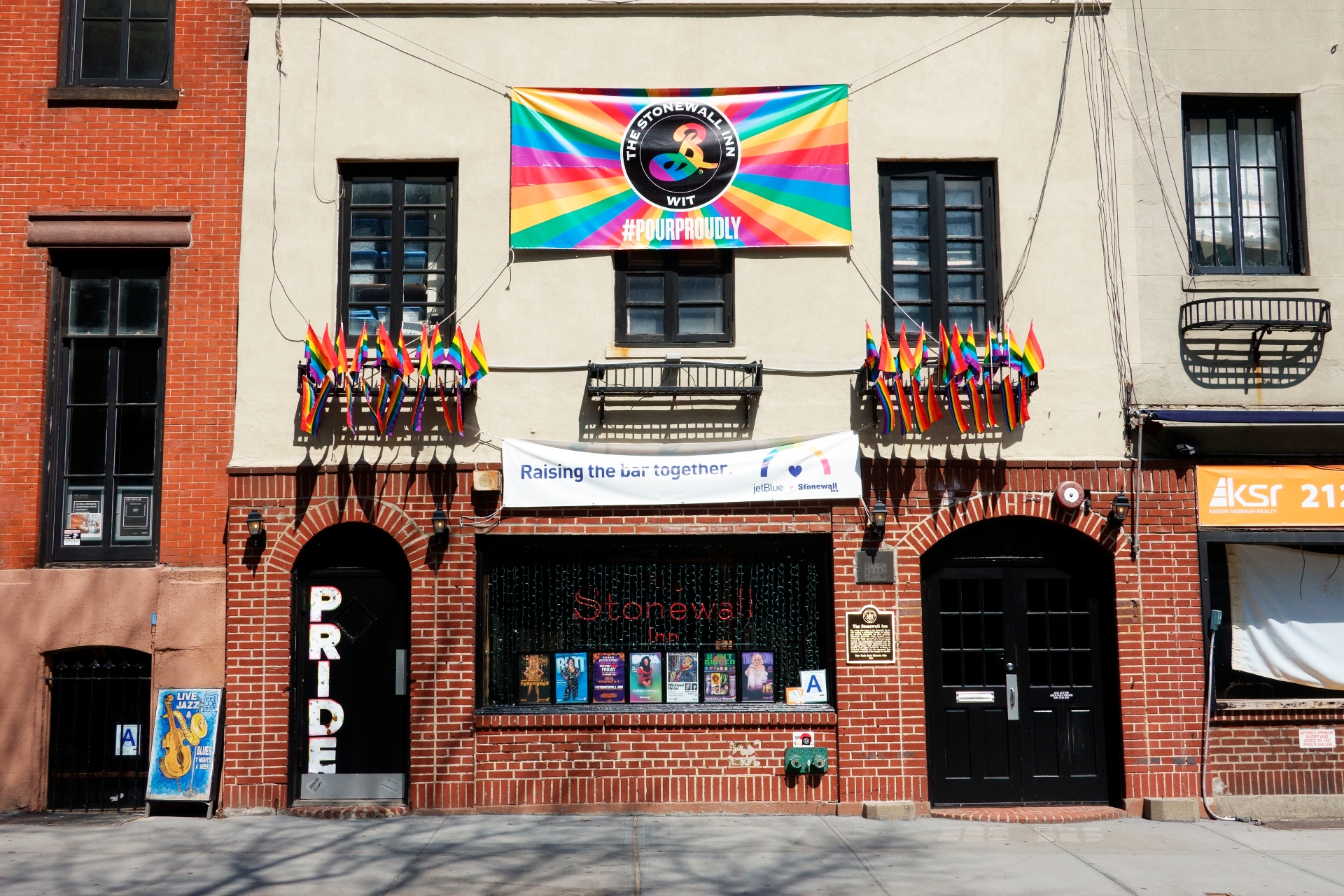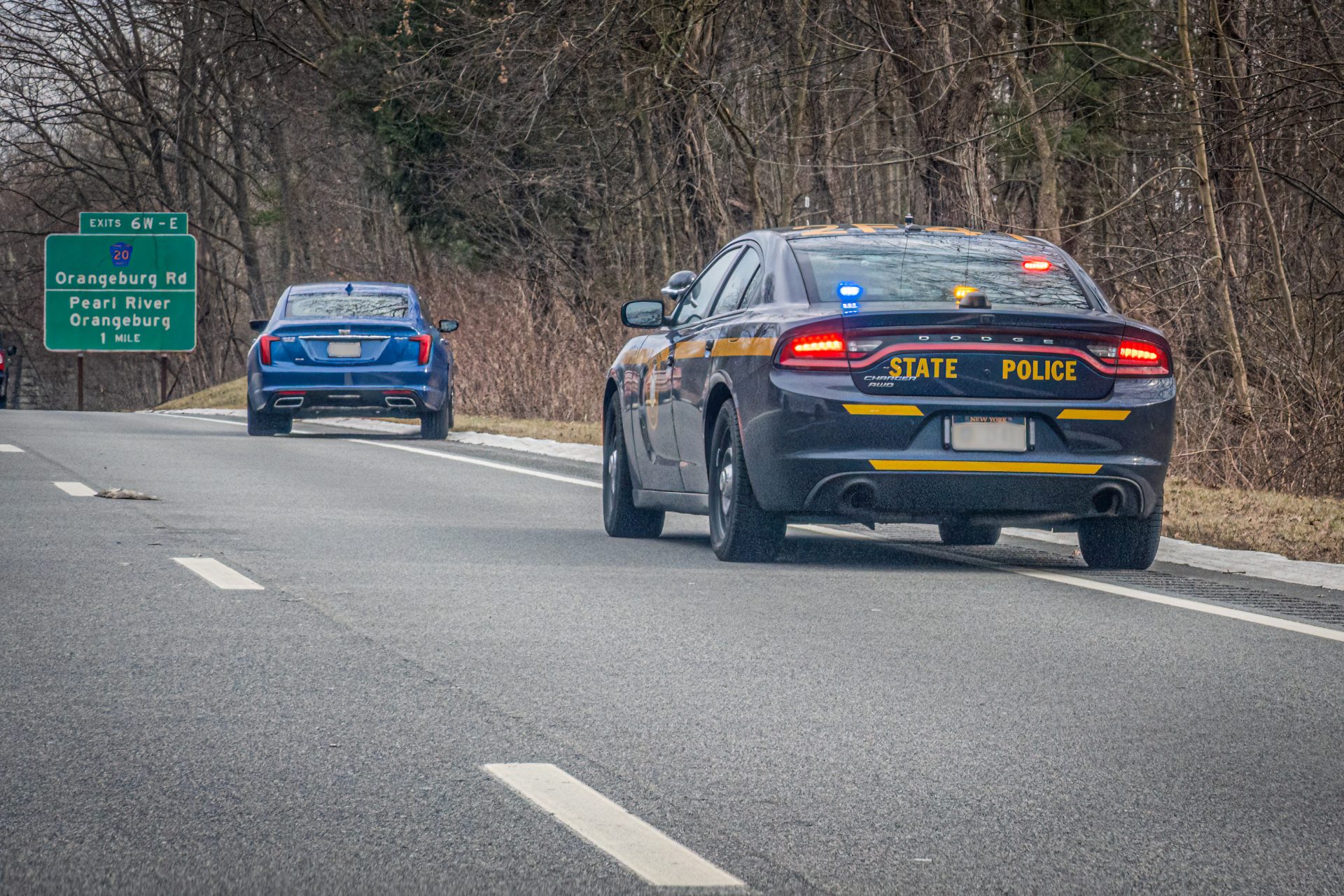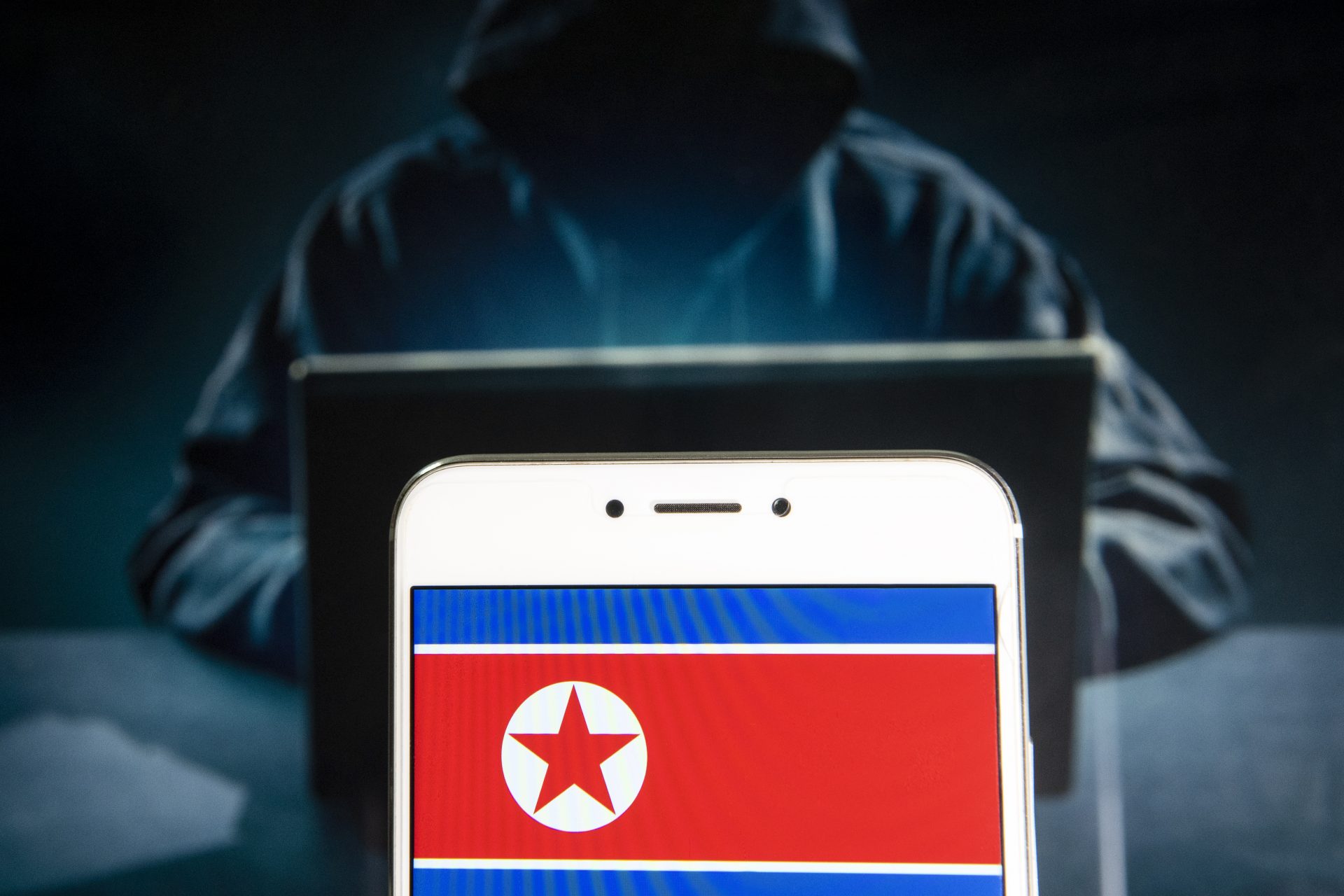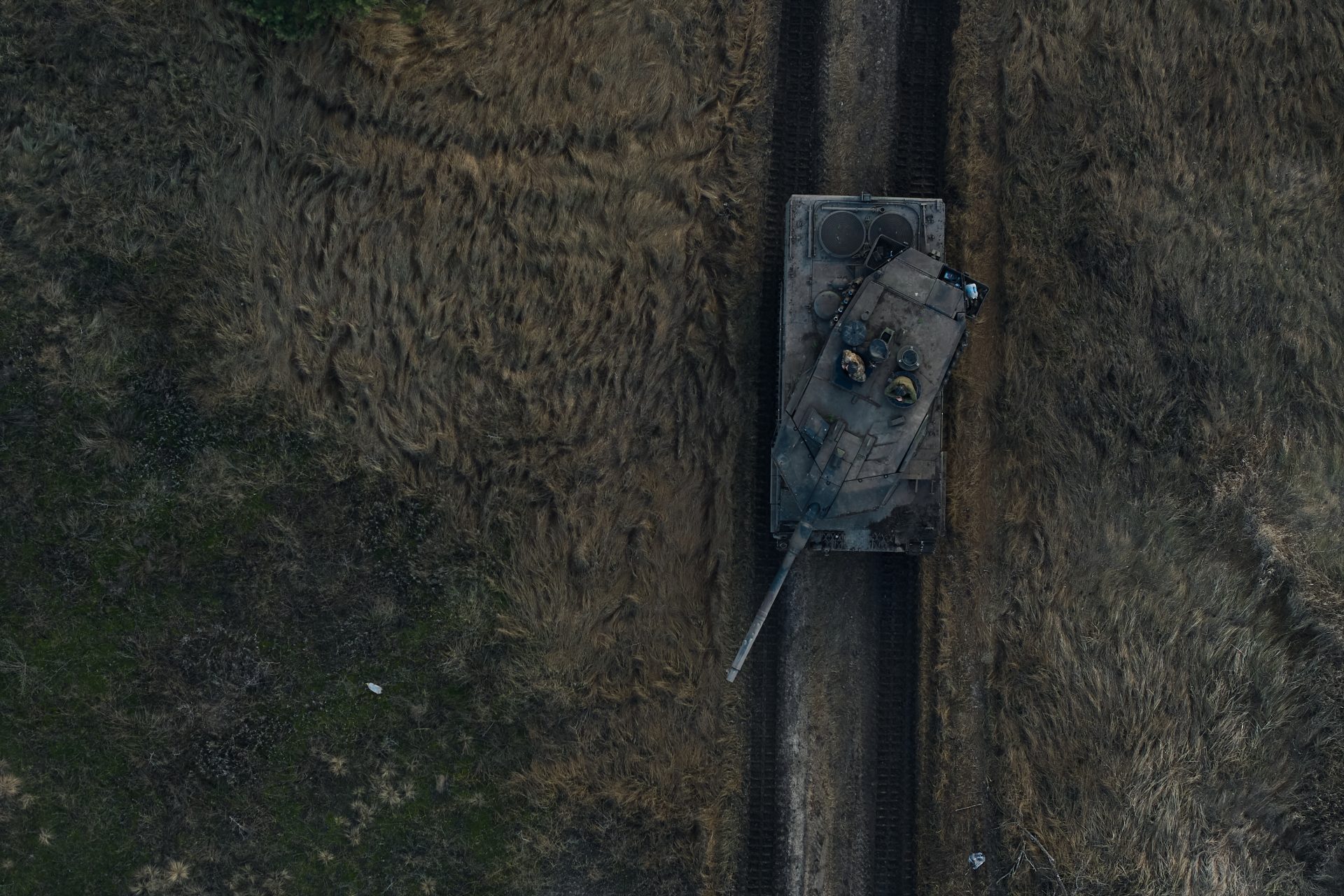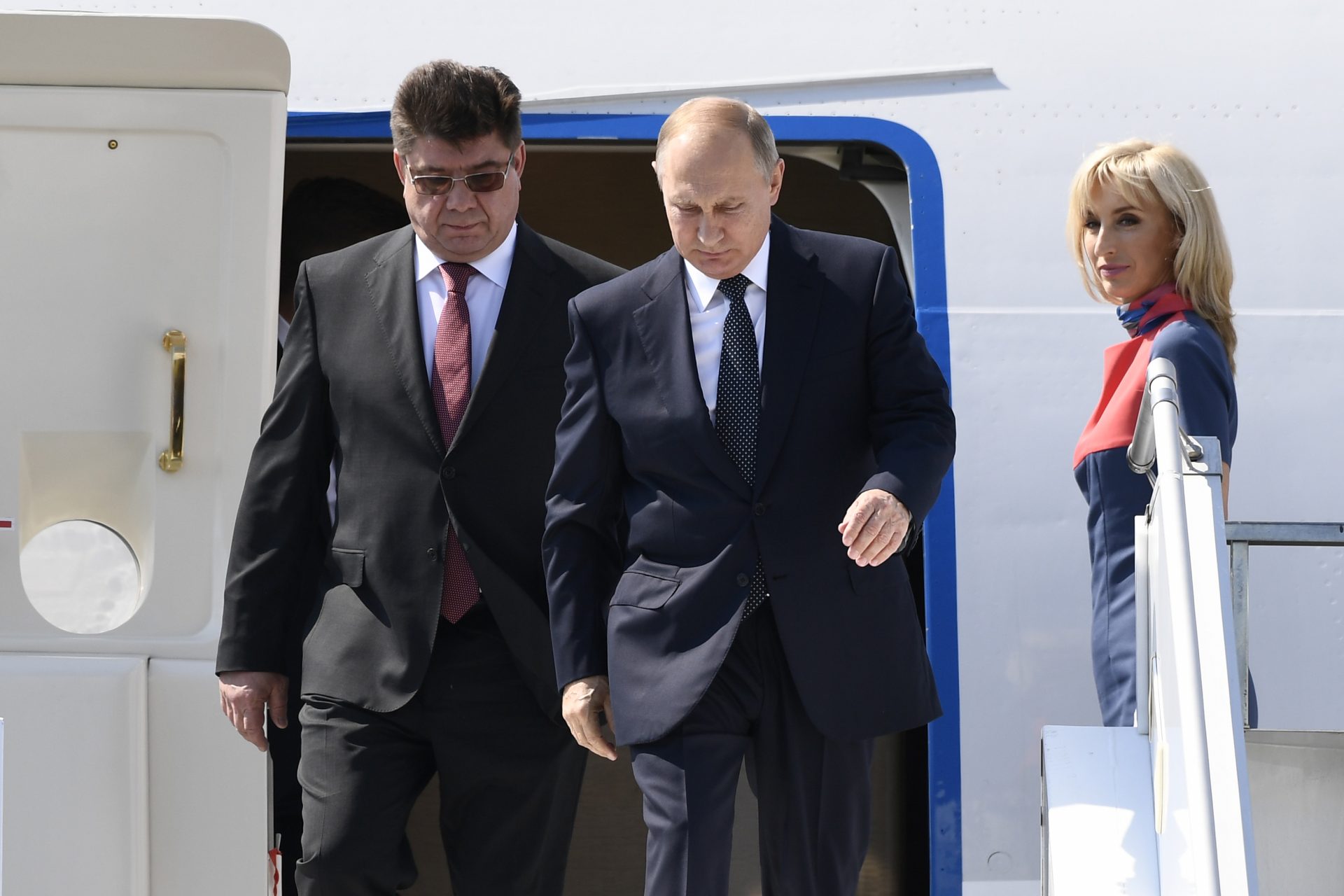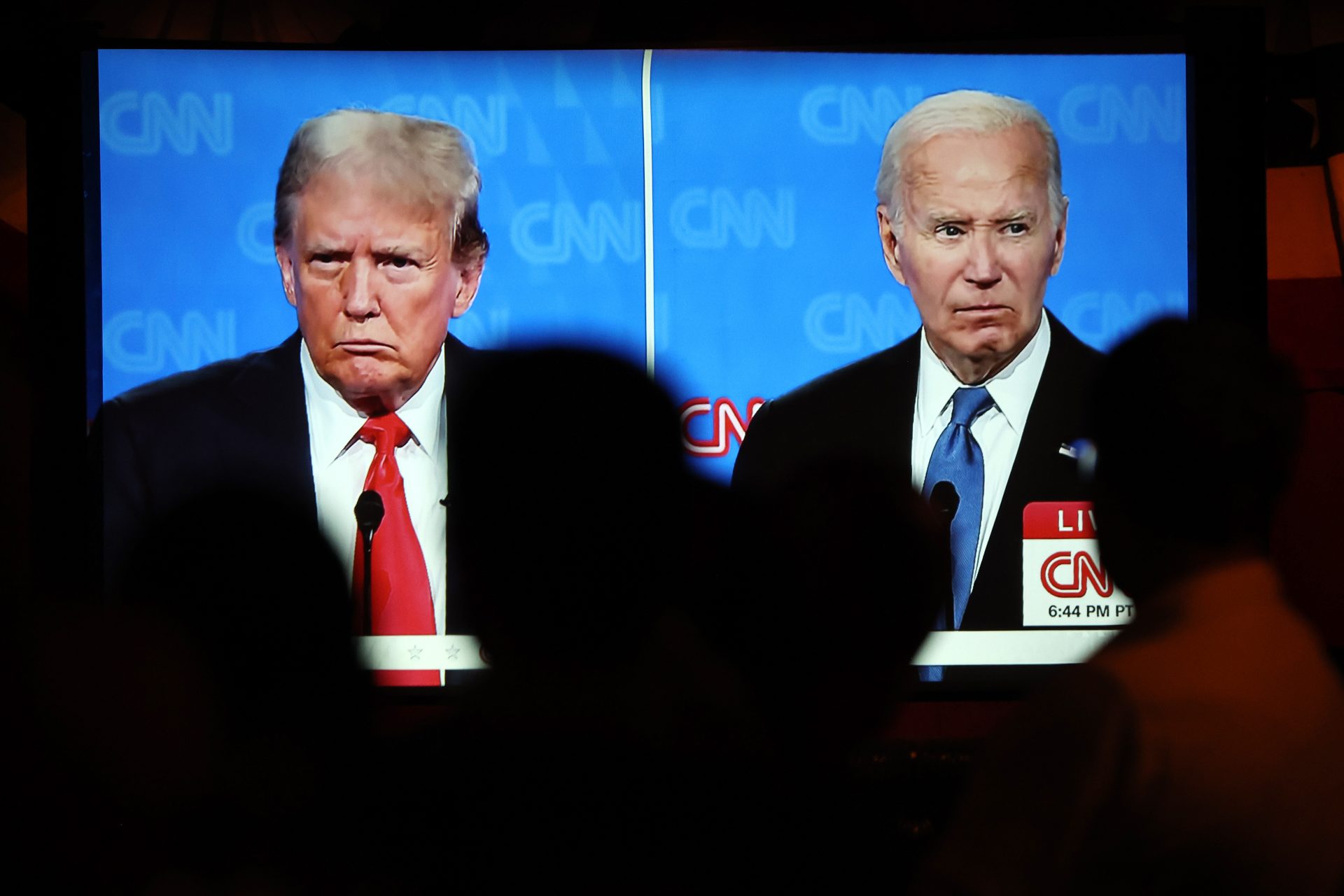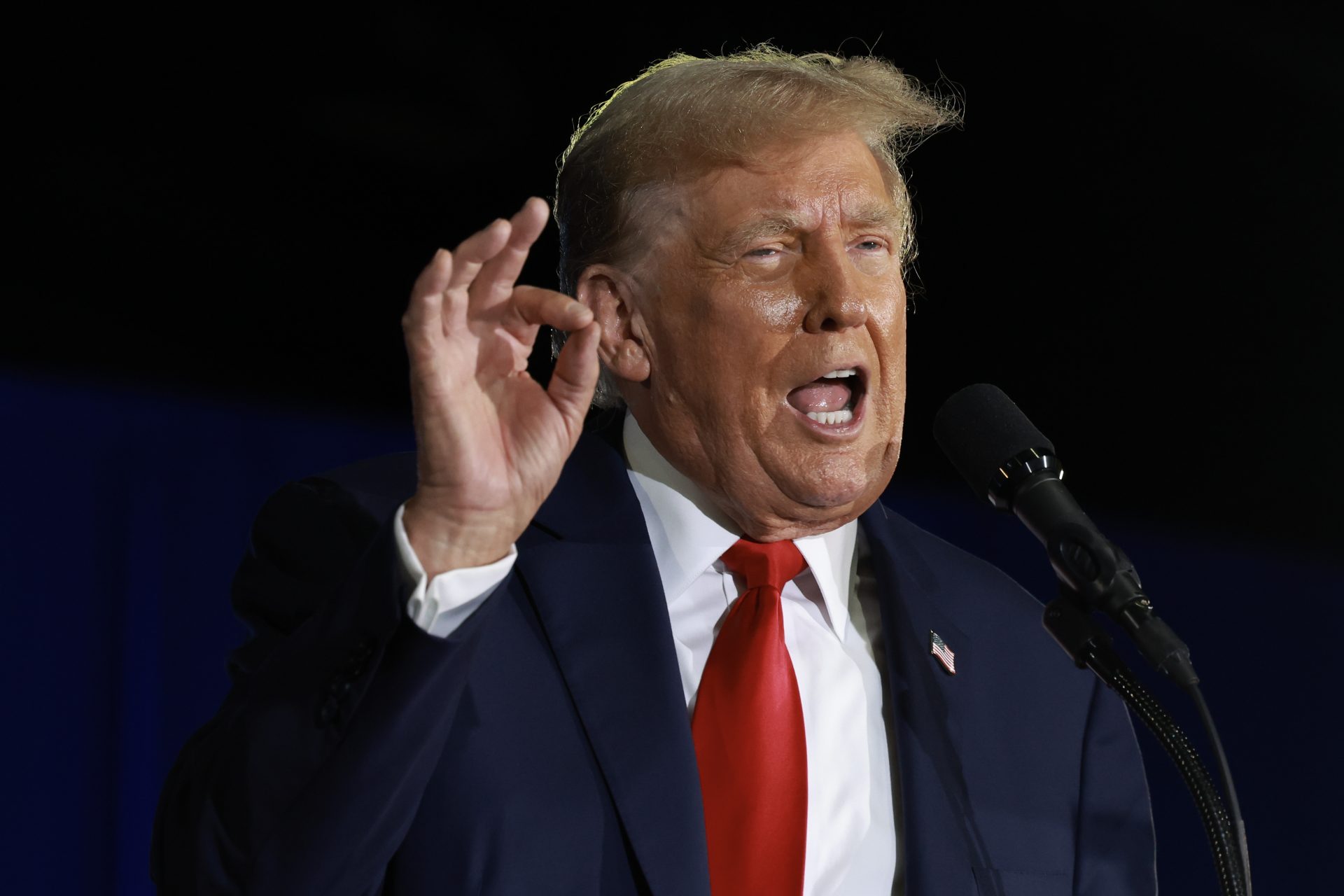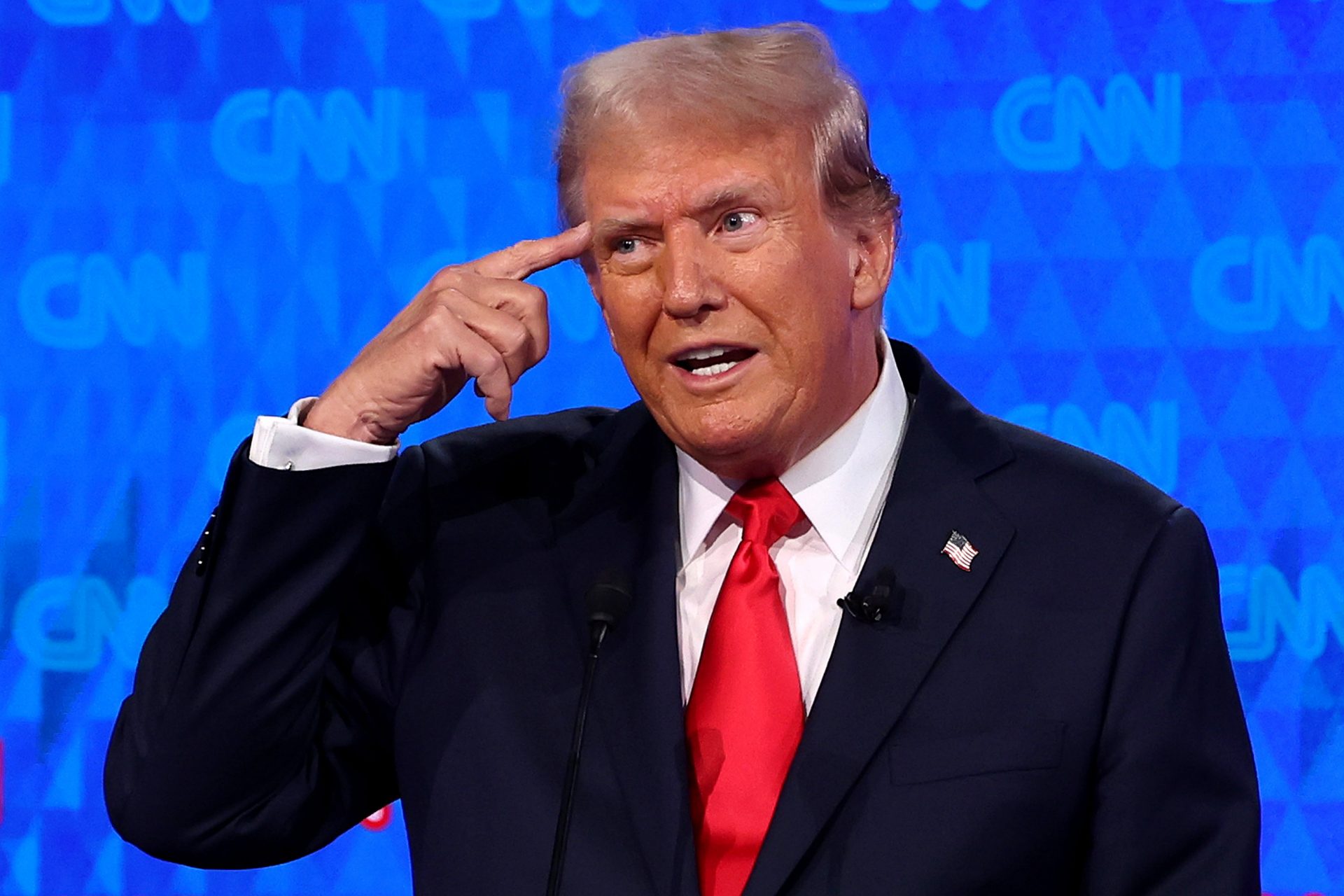Kremlin confirms Putin met with Wagner chief days after the rebellion
According to the Associated Press, an official spokesperson said Russian leader Vladimir Putin hosted mercenary chief Yevgeny Prigozhin at the Kremlin days after he commanded a mutiny.
The meeting lasted three hours, the agency detailed, and involved high military authorities. There, Wagner forces pledged loyalty to Putin, said the spokesperson. According to the AP the meeting took place on June 29, six days after the rebellion.
The announcement is a surprise given the delicate state of the relations between Putin and the Wagner forces after the mutiny questioned both men's authority and influence.
The event lasted only around 24 hours before it was ended with a deal. Many experts have questioned Prigozhin's ability to gather support and sustain a rebellion for longer.
On the other hand, several media qualified the episode as the most significant threat to Putin's leadership since he first took power in 1999. It also came in the middle of Ukraine's counteroffensive.
Prigozhin's group has played a pivotal role in Russia's military campaign in Ukraine, but the leader had become increasingly critical of the country's military leadership.
According to the BBC, he complained about the military's failure to provide supply kits, arms, and ammunition, the indifference to soldiers' lives, and corruption among Russia's higher military ranks.
The months-long feud erupted into the June 23 mutiny, an open confrontation between the two parties.
Prigozhin claimed from the beginning that the campaign was not defying Putin's authority. It was aimed at the Minister of Defense, demanding his resignation.
Still, Putin initially announced severe consequences for the leaders of the operation. "They will suffer inevitable punishment," he said while accusing them of "betrayal," as collected by The Washington Post.
In the end, the only apparent arrest was General Sergei Surovikin, a deputy commander of the Russian army—the second most powerful man in the country's military.
The potential arrest showed some divisions inside Putin's tightly controlled army and raised eyebrows considering the different treatment that Wagner soldiers had after the revolt.
Russian authorities dropped all charges against the mercenaries after the Belarussian leader managed to get Prigozhin to agree to stop his operation.
Prigozhin was first believed to be in Belaruss but later was said to be in St. Petersburg. He spoke two days after the rebellion saying it was not a coup but an attempt to guarantee the survival of his group.
Early on June 23, Prigozhin accused the military of attacking their group in social media posts The New York Times collected. The Russian authorities opened an investigation against him immediately.
But the mercenary leader had already announced retaliation. By the following day, the group had claimed control of the southern city of Rostov-on-Don, next to the Ukraine border, and was heading toward Moscow.
The country started preparing for the consequences of an armed dispute: the mayors of cities along the highway to Moscow advised their citizens to stay home.
The mayor of Moscow asked the citizens not to go to work on Monday, to stay home, and to increase security. Social media videos also showed how authorities placed roadblocks in the capital.
The escalation of events made a real threat to the stability of the Kremlin's leadership. As the Wagner group approached Moscow, opposition leaders called on those against Putin to rise in arms.
According to the New York Times, Mikhail B. Khodorkovsky, a Russian businessman who has sought to unite groups opposing Putin, called on those against Russia's president to arm themselves.
On his Telegram channel, he called Prigozhin a "war criminal" and clarified he is not an ally but said this "is a once-in-a-lifetime opportunity" to fight Putin's power, explained the newspaper.
The Washington Post reported similar behavior among the opposition to the Russian-friendly leadership in Belarus. The newspaper said a group of Belarusian armed civilians who helped the Ukrainian military urged others to prepare for an uprising.
The deal stopped those possibilities, as the mercenaries started leaving Rostov-on-Don, the southern city they occupied, and the Russian government offered military roles to Wagner mercenaries.
More for you
Top Stories



























